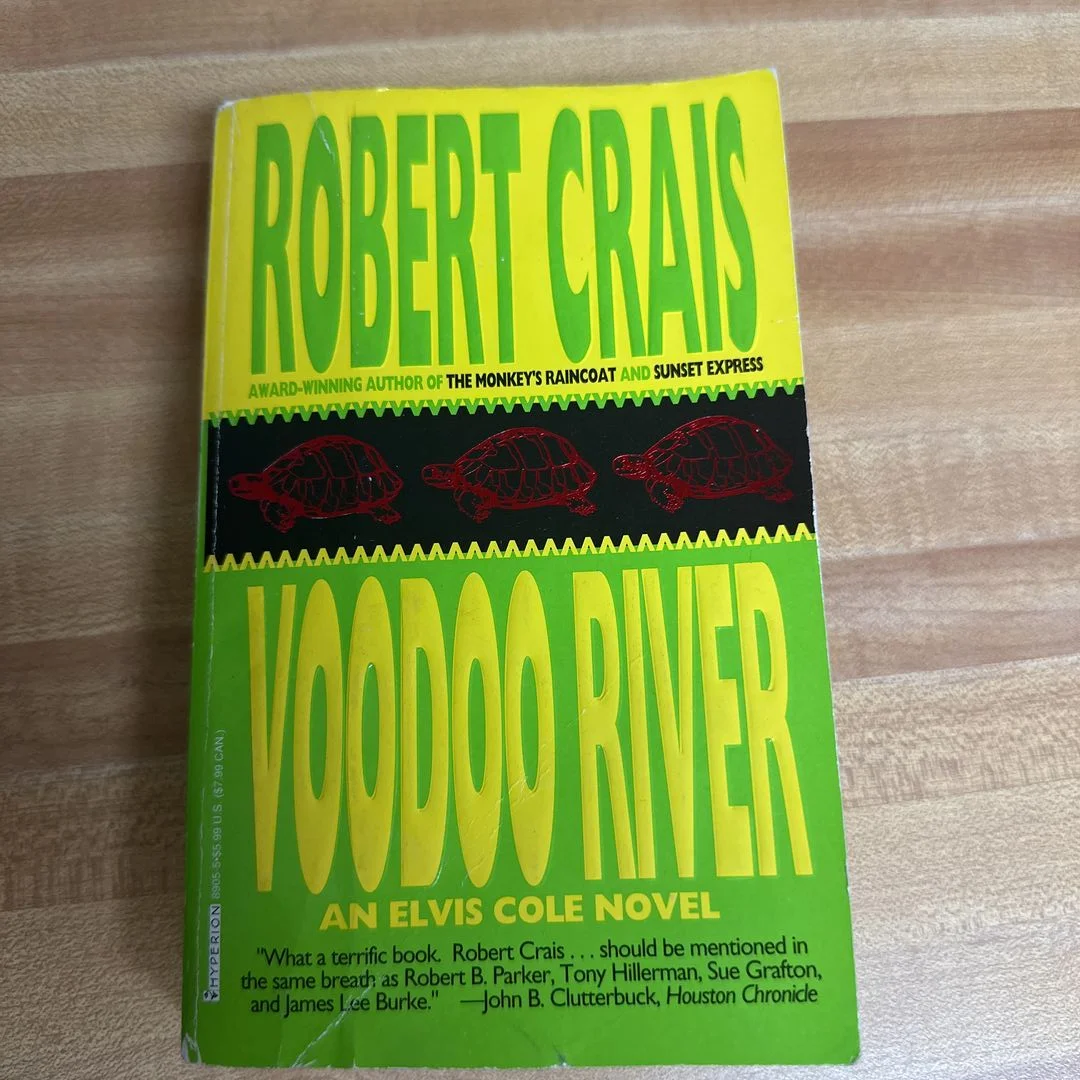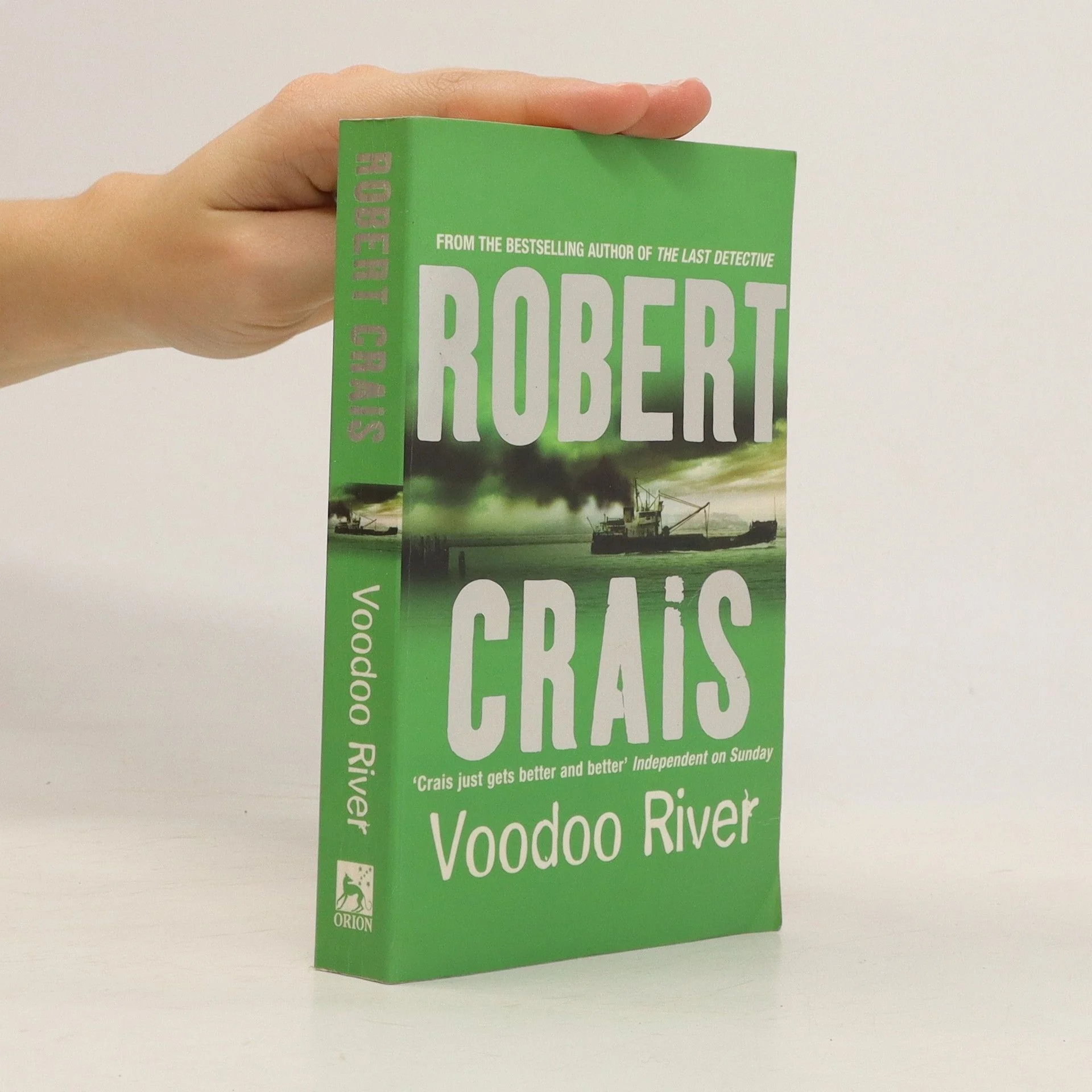As I sit here, still basking in the afterglow of Robert Crais’s “Voodoo River,” I can’t help but reflect on how I stumbled upon this gem. It was a lazy Saturday afternoon when I found myself browsing through a quaint little bookshop in London. The vibrant cover caught my eye, and the promise of a mystery set in the bayous of Louisiana intrigued me. As a music journalist, I’m always drawn to stories that capture the essence of a place, and this one seemed to offer just that.
From the moment I cracked open the book, I was hooked. Crais’s writing style immediately struck me as efficient yet engaging. The way he introduced Elvis Cole, the witty private investigator at the heart of the story, felt like meeting an old friend. I found myself chuckling at Cole’s sardonic humor and admiring his unwavering commitment to his clients.
The plot, centered around TV star Jodi Taylor’s search for her biological parents, initially seemed straightforward. But as I delved deeper, I realized Crais had crafted a multi-layered mystery that kept me guessing until the very end. The seamless transition from a simple missing persons case to a complex web of secrets and murder was masterfully done.
One of the book’s greatest strengths, in my opinion, is its vivid portrayal of Louisiana. As someone who’s written extensively about music and culture, I appreciated how Crais brought the bayou to life. The descriptions were so rich that I could almost feel the humid air and hear the distant sound of zydeco music. The contrast between the familiar Los Angeles setting and the mysterious Louisiana backdrop added an extra layer of intrigue to the story.
However, if I had to nitpick, I’d say that some of the secondary characters could have been fleshed out a bit more. While colorful and entertaining, a few felt like they were there more for local flavor than to drive the plot forward.
There were several moments in the book that stuck with me, but one, in particular, stands out. It’s a scene where Elvis Cole encounters a 100-year-old snapping turtle named Luther. This seemingly small detail added such a unique flavor to the story and showcased Crais’s ability to blend humor with tension. It’s these little touches that elevate “Voodoo River” from a good mystery to a great one.
Crais’s writing style is a joy to read. As someone who writes for a living, I found myself admiring his ability to paint vivid pictures with minimal words. His dialogue is sharp and realistic, and he has a knack for pacing that kept me turning pages well into the night.
Reading “Voodoo River” made me reflect on the nature of identity and the secrets we keep. As a music critic, I often write about artists and their public personas, but this book reminded me that there’s always more beneath the surface. It made me think about how our past shapes us and the lengths we might go to protect our secrets.
I’ve already recommended this book to several friends, and I’ll continue to do so. It’s not just for mystery lovers; anyone who appreciates good storytelling and complex characters will find something to enjoy here. The way Crais balances humor, suspense, and emotional depth is truly impressive.
In conclusion, “Voodoo River” was a delightful surprise. It’s rekindled my interest in mystery novels and left me eager to explore more of Crais’s work. If you’re looking for a book that will transport you to the sultry bayous of Louisiana while keeping you on the edge of your seat, this is it. Just be prepared to lose a few hours of sleep – it’s that hard to put down!